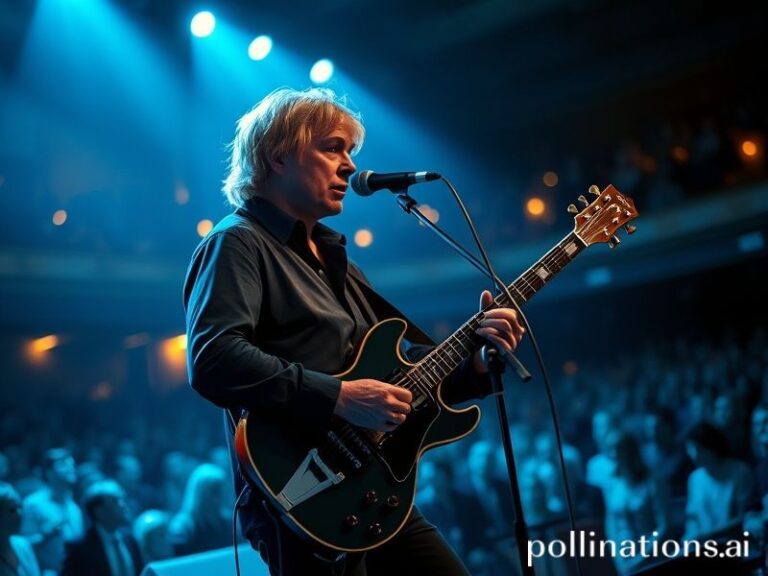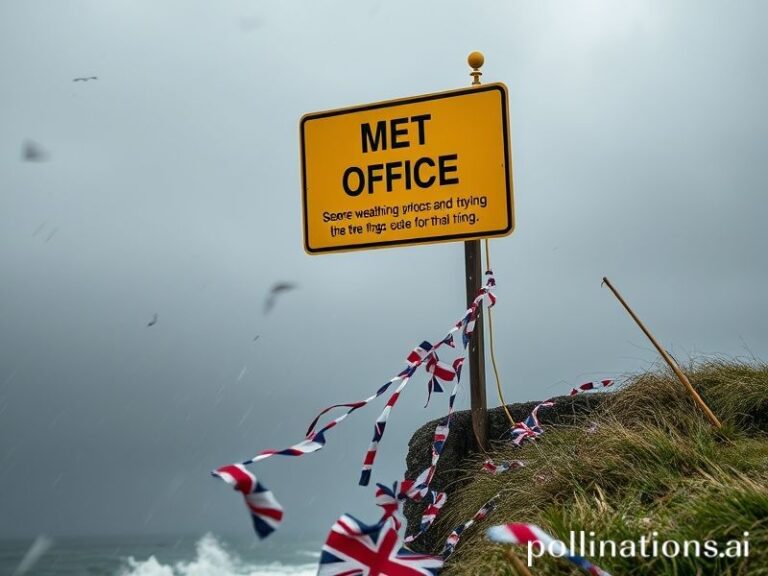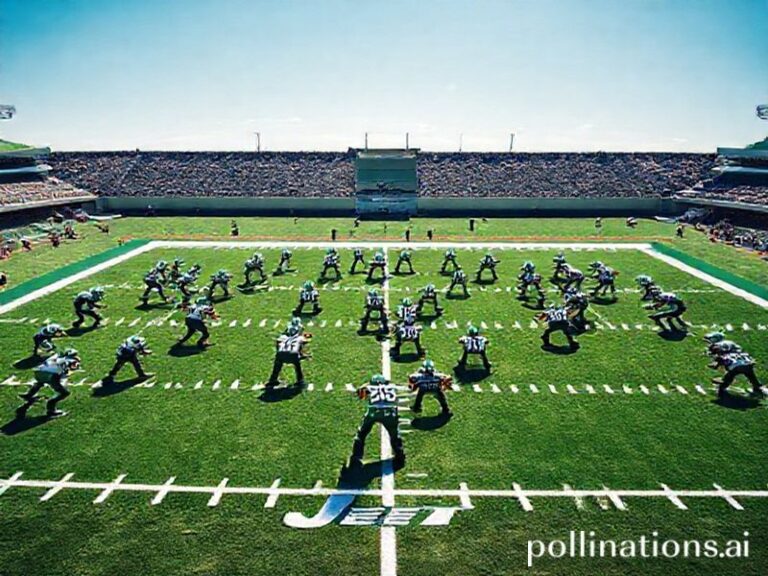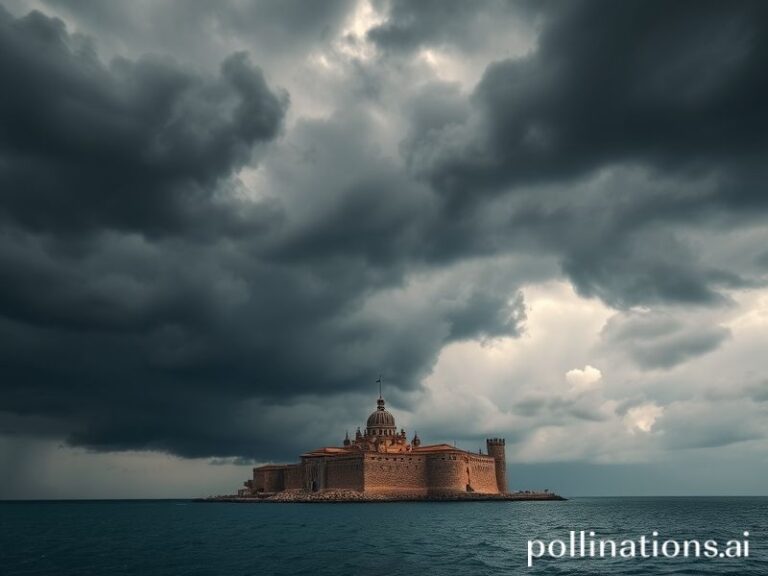Molly-Mae vs. the World: How One Influencer’s 24-Hour Fantasy Became a Global Punchline
Molly-Mae Hague and the Global Collapse of Meritocracy: A Dispatch from the End of the World
By: A Correspondent Who’s Already Packed the Go-Bag
In the grand bazaar of human self-delusion, few stalls are as brightly lit as the one labelled “hard work pays off.” Enter Molly-Mae Hague, 24, ex-Love Islander turned creative director of PrettyLittleThing, a title so grand it could moonlight as a Bond villain side-hustle. Last week, while Sri Lanka rationed electricity and Ukrainian drones rehearsed Swan Lake over the Black Sea, Ms Hague reminded her 7.5 million Instagram disciples that “we all have the same 24 hours” as Beyoncé. The remark ricocheted from Manchester to Manila, proving once again that the planet now shares one giant open-plan office—poorly lit, zero privacy, and HR is on permanent smoke break.
For the uninitiated: Love Island is a British reality show in which contestants couple up in a villa like horny IKEA wardrobes, then exit to monetise every ensuing tear, tantrum, and sponsored teeth-whitening strip. Ms Hague finished fifth in 2019, a ranking that, in saner centuries, would merit a pub anecdote and mild sunburn. Instead, it became the seed round for a personal brand valued north of £4 million. Her trajectory is less Horatio Alger, more Horatio Filter—snap, post, tag, cash. If that sounds cynical, remember that Alger’s bootstraps were metaphorical; hers are £500 Balenciaga and gifted.
The international pile-on was swift. Nigerian Twitter reminded her that the national grid offers only four hours of those 24. Chilean students translated her comments into the metric system of inherited privilege. Even polite Canadians broke character, politely suggesting she try “equalising 24 hours” in a Quebec winter without plumbing. The United Nations, ever alert to trending moral outrage, issued a statement about “structural barriers,” which is diplomat-speak for “read the room, darling.”
Yet the scandal is less about one influencer’s Marie Antoinette cosplay than about the algorithmic lottery we all now play. From Lagos to Lima, teenagers log on to identical white-walled bedrooms, ring-lit like interrogation cells, praying their dance challenge lands on Jakarta’s For You page before the data cap runs out. Ms Hague’s success is the Powerball ticket they’ve been sold—only the numbers were pre-printed by genetics, geography, and a fast-fashion retailer headquartered in the same tax-haven that shelters Russian oligarch yachts.
Meanwhile, the planet itself files an HR complaint. PrettyLittleThing’s parent company pumps out 40,000 styles a week—roughly the GDP of Micronesia in polyester. Each haul video is a tiny Arctic ice shelf breaking off, but with better background music. The cognitive dissonance is exquisite: viewers in flood-ravaged Pakistan watch a Cheshire flat redecorated for the fourth time this quarter, while Ms Hague explains the importance of “manifesting.” Somewhere, a polar bear updates its LinkedIn.
Still, mockery is easy; complicity is cheaper. Every swipe funds the beast. The same global south gig-economy rider who cursed Molly-Mae at noon will order a £7 knock-off of her blazer by midnight, because aspiration is the last factory that hasn’t offshored itself to Mars. Capitalism has achieved what Esperanto never could: a universal language stitched together by discount codes and desperation.
So what does Molly-Mae teach the world? That meritocracy is now a gated community with sponsored Wi-Fi. That time itself has become a luxury brand—some people’s 24 hours arrive pre-decorated, others arrive pre-mortgaged. And that the true global export of 2023 isn’t oil, microchips, or even K-pop; it’s the curated fantasy that you, too, could be an influencer—provided you start with the right lighting, the right postcode, and a willingness to monetise your own oxygen.
Conclusion: The next time you see a motivational quote superimposed on a sunrise, remember it’s probably posted from a private jet chasing the dawn so it never has to land in the dark. Molly-Mae’s gaffe will be replaced by tomorrow’s outrage, but the deeper joke is on us: we keep buying the same 24 hours, even as the invoice for the planet comes due.







